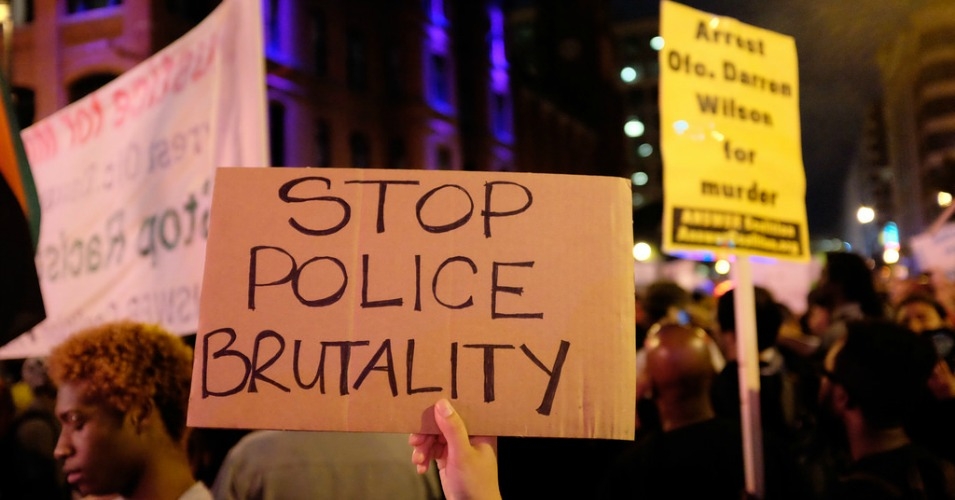Published on Sunday, August 25, 2013 by Common Dreams
Work stoppages sparked by peasants have spread across industries as hundreds of thousands protest US-backed right-wing government
"[W]e just want solutions to our problems,” Javier Correa Velez, the head of a coffee-growers association called Dignidad Cafetera, told the Miami Herald. “The strike is simply a symptom of an illness that the entire agriculture sector is suffering from.”
The protests and strikes, which have spread to 11 of Colombia's 32 provinces, have been met with heavy crackdown from Colombia's feared police, who have arrested and tear gassed scores of people. Colombia’s Defense Minister Juan Carlos Pinzon recently claimed that the striking workers are being controlled by the "terrorist" Revolutionary Armed Forces of Colombia (FARC), in a country known for using unverified claims of FARC connections as an excuse to launch severe violence against social movements.
The workers are levying a broad range of concerns about public policies that leave the country's poor most vulnerable. The US-Colombia Free Trade Agreement has forced small farmers to compete with subsidized US products, made them more vulnerable to market fluctuations, and eroded their protections and social safety nets through the implementation of neoliberal policies domestically. Farmers are demanding more protections and services in a country beset with severe rural poverty.
Meanwhile, the Colombian government is giving sweetheart deals to international mining companies while creating bans and roadblocks for Colombian miners. Likewise, the government is giving multinational food corporations access to land earmarked for poor Colombians. Healthcare workers are fighting a broad range of reforms aimed at gutting and privatizing Colombia's healthcare industry.
“We are defending small mining. We are defending our bread and butter,” a 28 year-old miner from Remedios told the Miami Herald. “The government wants to take our mines and give them to foreign companies.”
Colombian workers organizing to improve their lives are met with an onslaught of state violence: the AFL-CIO Solidarity Center says Colombia is the deadliest country in the world for union activists, with an organizational statement reading, "Each year, more union activists are killed in Colombia than in the rest of the world combined."
Santos says he refuses to negotiate while the strikes are taking place.


